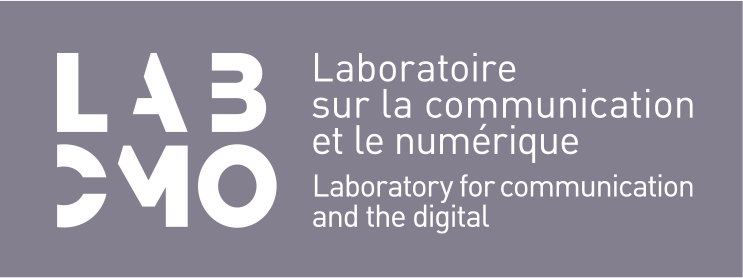This project delves into the burgeoning phenomenon of algorithmic management, which encompasses the digital supervision, assessment, and optimization of work processes, in both new organizational forms emerging from the gig economy, and in so-called “traditional” organizations, where artificial intelligence (AI) is used to track, categorize, evaluate and manage workers’ actions and emotional states. The project interrogates the prevailing discourse that lauds computational approaches to labour management as panaceas for efficiency, well-being, and productivity. It also investigates concurrent risks, such as intrusive surveillance, discrimination, data privacy issues, and the erosion of professional autonomy. Workers, when confronted with tracking technologies commonly known as “bosswares,” AI-driven emotional sentiment analysis, or platforms that optimize on-demand labour (“crowdworking”), engage in “workarounds practices” where employees invest time, tacit knowledge, and effort to negotiate and circumvent algorithmic surveillance. The research scrutinizes the discourses of the developers of these technologies, the adopting organizations, and the workers who develop such workaround practices.
The project is spearheaded by Claudine Bonneau, Professor in UQAM’s Department of Analytics, Operations, and Information Technology. Funding is provided through an SSHRC Insight Grant for the period 2023–2026. The multidisciplinary team includes Florence Millerand, Camille Alloing and Viviane Sergi from UQAM (co-researchers). Collaborators on the project are Jeremy Aroles from the University of York and Simon Bourdeau from UQAM. Antoine Bujold, HEC Montreal, is the research assistant.
Visite the project website : https://workaround.uqam.ca/en/home/
This content has been updated on 22 March 2024 at 21 h 05 min.
